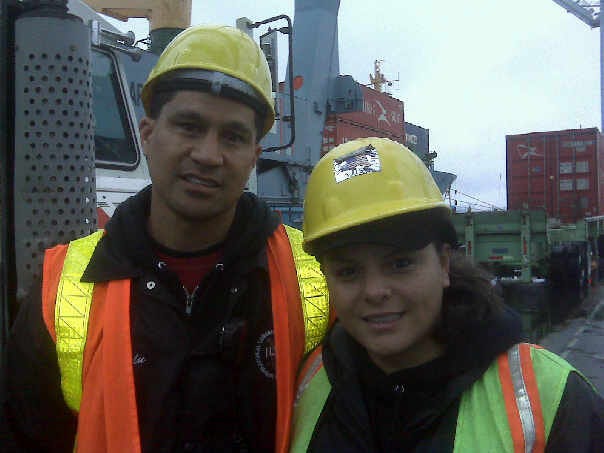Our community’s fight for everyone’s quality of life.
Part 1 — Introduction and Background
My name is Vivian Malauulu and I am a wife, mother, laborer, and very involved resident of the Harbor Area in Los Angeles.
My husband, George, and I have been married for almost 21 years. Together we have four children between the ages of 18 and 10. Our family lives in the Wrigley neighborhood on the west side of Long Beach and our kids attend local area schools and play sports through our local parks. We are still active members of the church where we were married, and we participate and volunteer in various civic groups in the LBC and beyond.



Comments
Post a Comment